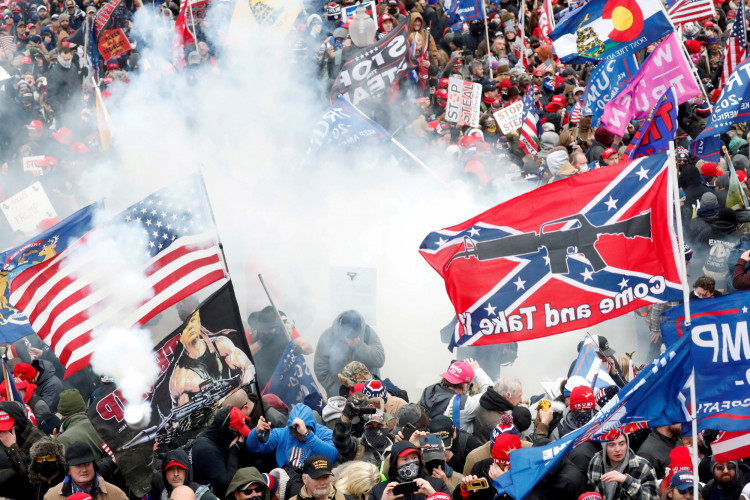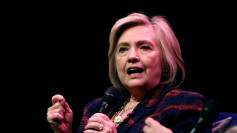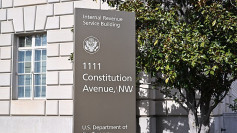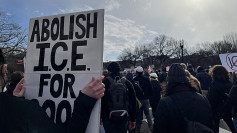Steve Baker, a journalist known for his association with the conservative news outlet Blaze Media, has recently been thrust into the spotlight not for his writings but for his alleged involvement in the tumultuous events of January 6, 2021, at the U.S. Capitol. Baker, who has extensively covered the fallout and trials of various defendants linked to the riot, now finds himself among those facing charges. His arrest by the Federal Bureau of Investigation (FBI) on four misdemeanor counts, including trespassing and disorderly conduct, marks a significant turn in his career and raises pressing questions about the boundaries of journalism and activism.
According to Baker, his arrest was precipitated by what he termed "scary words," suggesting a clampdown on freedom of expression, as reported by Newsweek. "If you don't say the right thing at the right time, and comport to the right narrative, that's what they're going to do is they're going to come after us and that's exactly what's happened," Baker articulated in a statement following his release. This sentiment was echoed by Glenn Beck, founder of Blaze Media, who highlighted the peculiar timing of the FBI's actions, underscoring the challenges faced in the pursuit of truth.
The charges against Baker stem from his alleged active participation in the Capitol breach. An FBI affidavit detailed Baker's entry into the Capitol through a damaged door, his presence among the crowd at the House chamber's barricaded doors, and his confrontational stance with police officers. "Are you going to use that (gun) on us?" Baker reportedly inquired, showcasing a level of antagonism that went beyond mere reporting.
Baker's defense attorneys, William Shipley and James Lee Bright, have framed the charges as an overreach, particularly given their misdemeanor nature, according to AP News. Bright lamented the treatment of Baker, comparing it unfavorably to that of individuals facing more severe charges. "I have violent felony offenders that are treated better than this on a daily basis," he stated, underscoring their commitment to contesting the charges vigorously.
The case against Baker is not isolated but part of a broader pattern of over 1,300 individuals charged in relation to the Capitol riot. This group includes several who identified themselves as journalists, challenging the notion of press protection under the First Amendment in scenarios where the line between observing and participating becomes blurred.
In the aftermath of the riot, Baker's contributions to Blaze Media, including his coverage of the trial of Oath Keepers founder Stewart Rhodes, have come under scrutiny. The distinction between Baker's role as an independent journalist on January 6 and his subsequent portrayal of the events has fueled debate over the ethical responsibilities of journalists in politically charged environments.
As Baker's case progresses through the legal system, it serves as a focal point for broader discussions on journalistic integrity, the limits of free speech, and the implications of political affiliations on reporting. The outcome may well set precedents for how journalists are treated in similar circumstances in the future, making Baker's trial a watershed moment for media and legal professionals alike.






